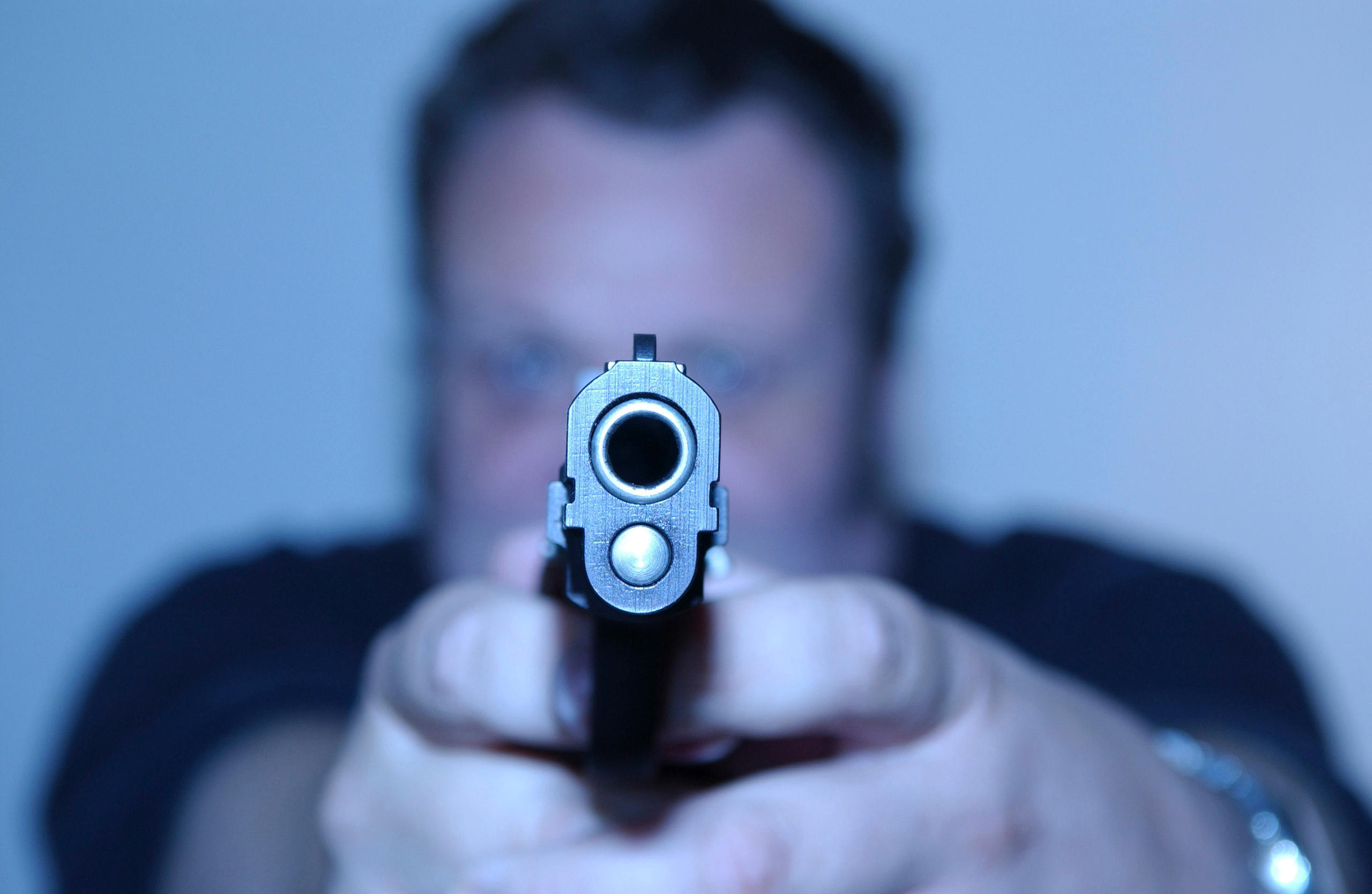
Rifle association up in arms about EU gun law

The gun lobbying groups in Switzerland have protested against a regulation by the European Union parliament to tighten gun ownership rules.
On Tuesday, the EU parliament approved proposals to restrict gun ownership, notably by introducing tighter controls, reducing the number of cartridges for semi-automatic rifles to ten, and setting up an arms register.
Switzerland is not a member of the EU, but it is subject to these new rules as a member of the 26 single-border Schengen group countriesExternal link.
The Swiss rifle association (Swiss Shooting) said it would force a referendum – collecting at least 50,000 signatures – if parliament approved a government proposal to adopt the European rules.
The new regulations couldn’t prevent terrorist attacks and existing laws in Switzerland were sufficient to combat the illegal arms trade, the association said. “It is making citizens believe they are safe,” criticised Dora Andres, president of Swiss Shooting.
She added that Switzerland had a long tradition of gun ownership with its hunters, marksmen and arms collectors.
In the same vein, Werner Salzmann, a parliamentarian for the rightwing Swiss People’s Party urged to reject the EU regulation.
However, Chantal Galladé, a parliamentarian for the leftwing Social Democratic Party, told SRF public radio, said sports marksmen, or police, could continue to use their guns as before.
Swiss exemptions
Last March, Justice Minister Simonetta Sommaruga said EU plans for tighter gun control would likely not affect the Swiss tradition of keeping militia army rifles at home.
There had been great controversy in Switzerland surrounding the proposal concerning semi-automatic rifles, as it would have affected all those in the Swiss militia army who opt to take their army issue guns home after official duty – just over 10% of all conscripts.
Opponents to the proposed law changes argue that Swiss voters in 2011 rejected a national arms register.
They also complained that the use of standard issue rifles would be complicated for former members of the Swiss army, making gun ownership dependent on joining a rifle club.

In compliance with the JTI standards
More: SWI swissinfo.ch certified by the Journalism Trust Initiative






























You can find an overview of ongoing debates with our journalists here . Please join us!
If you want to start a conversation about a topic raised in this article or want to report factual errors, email us at english@swissinfo.ch.